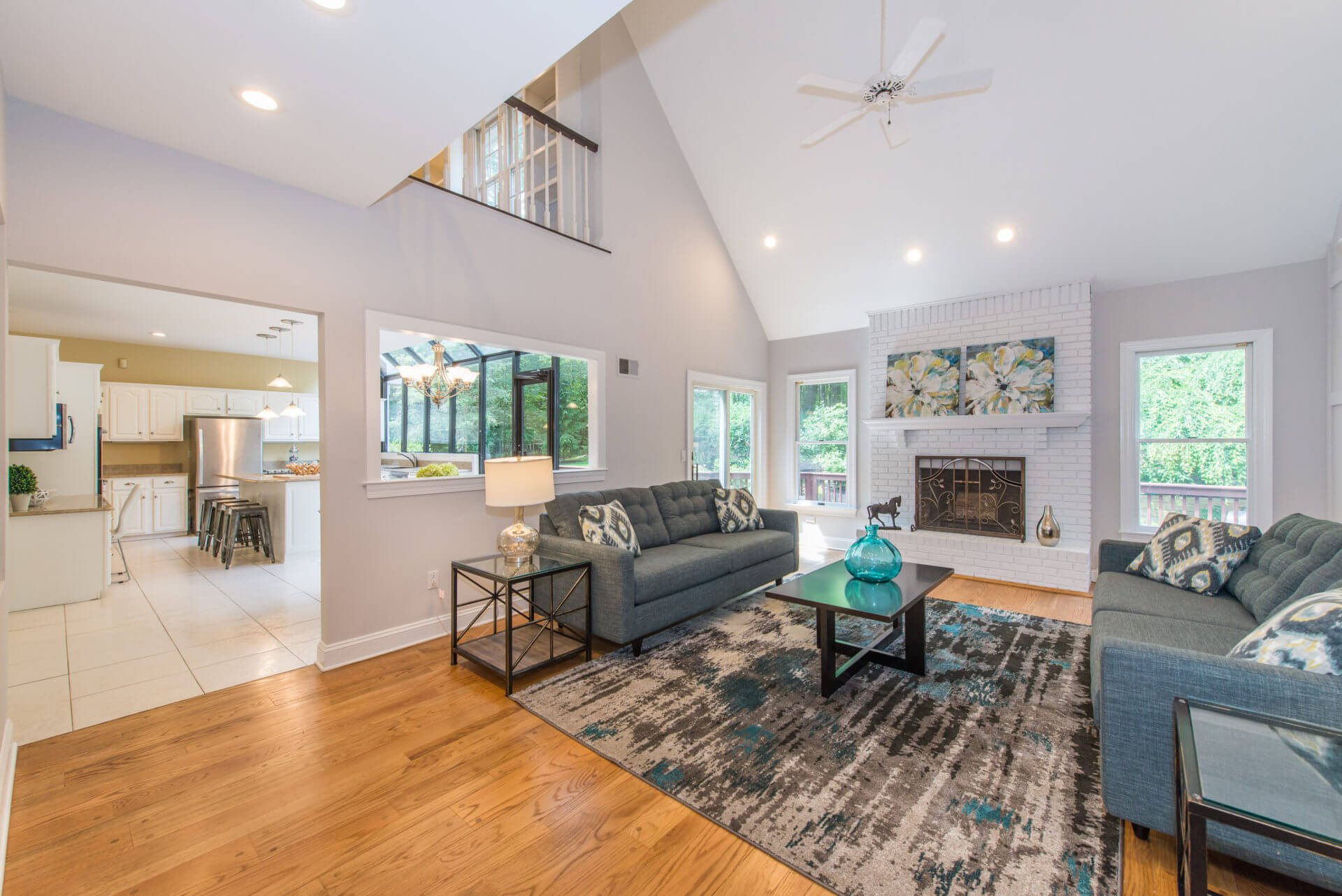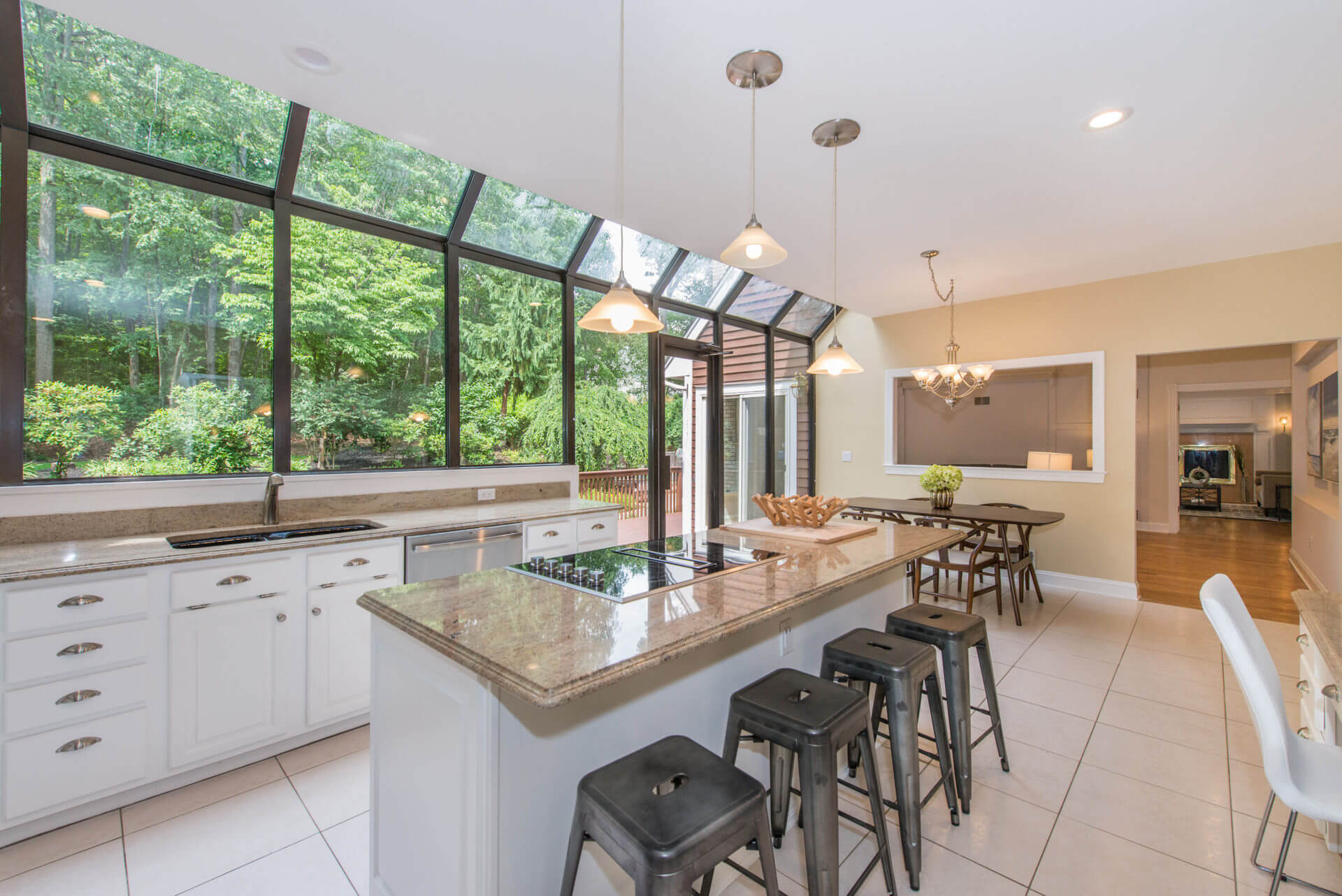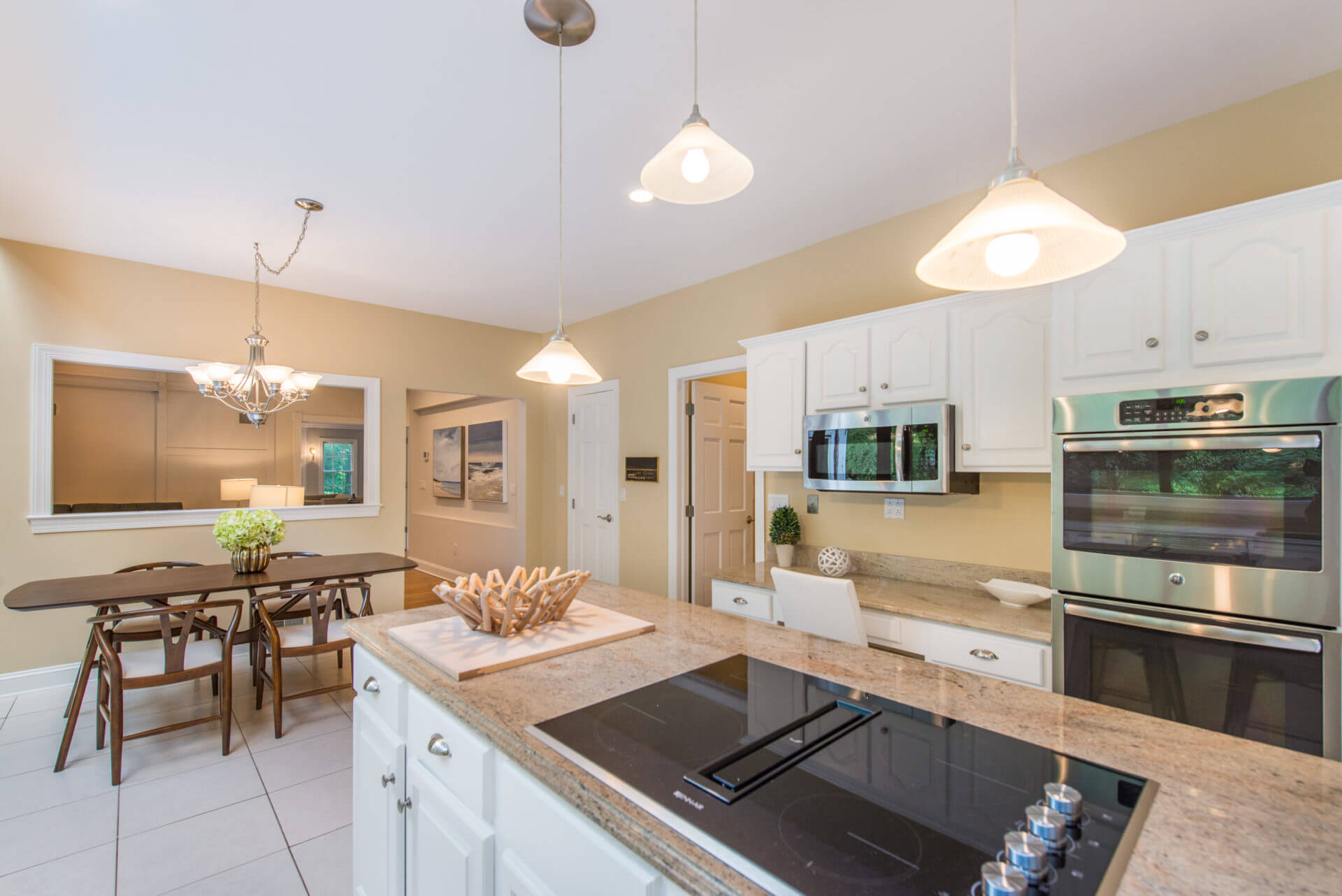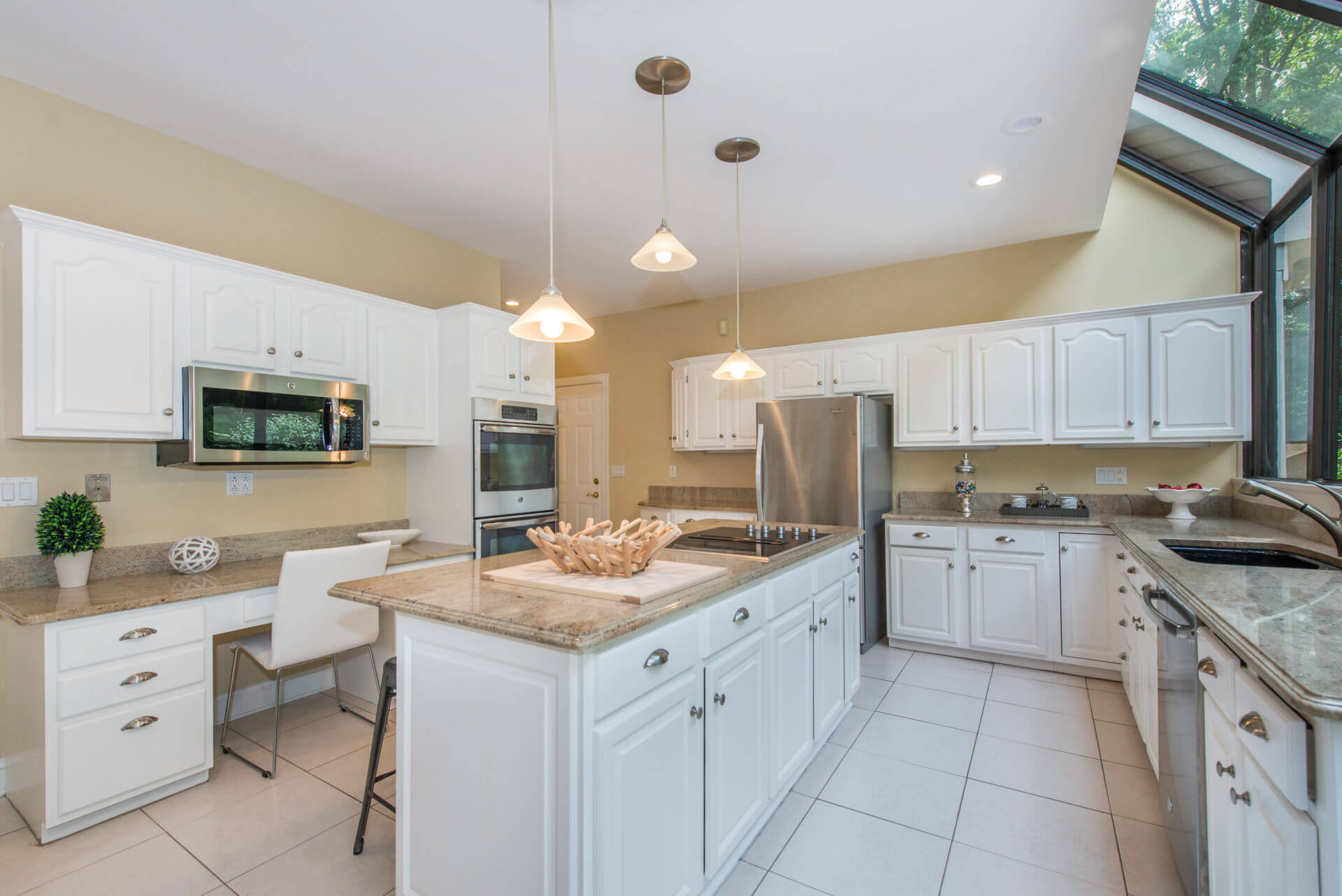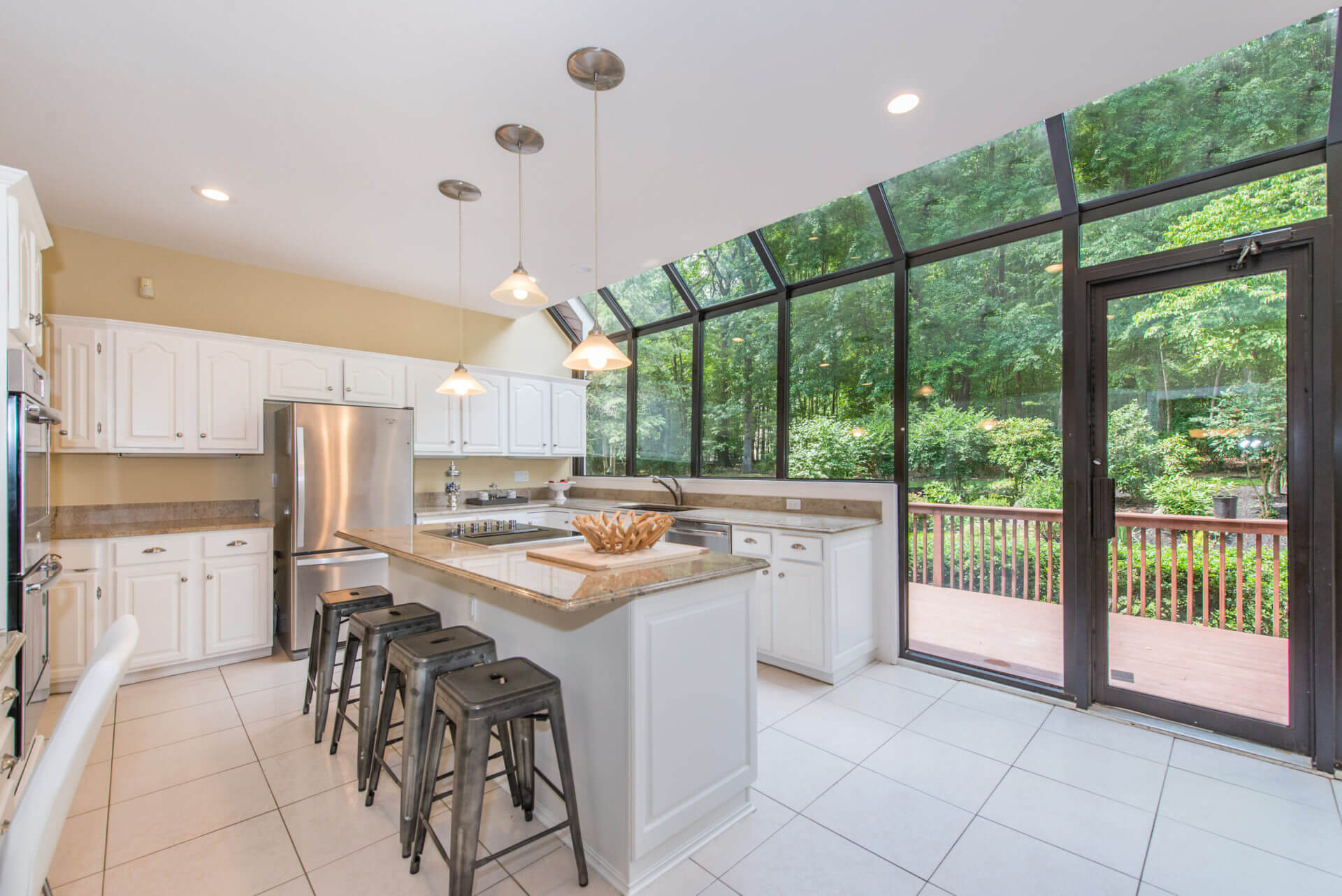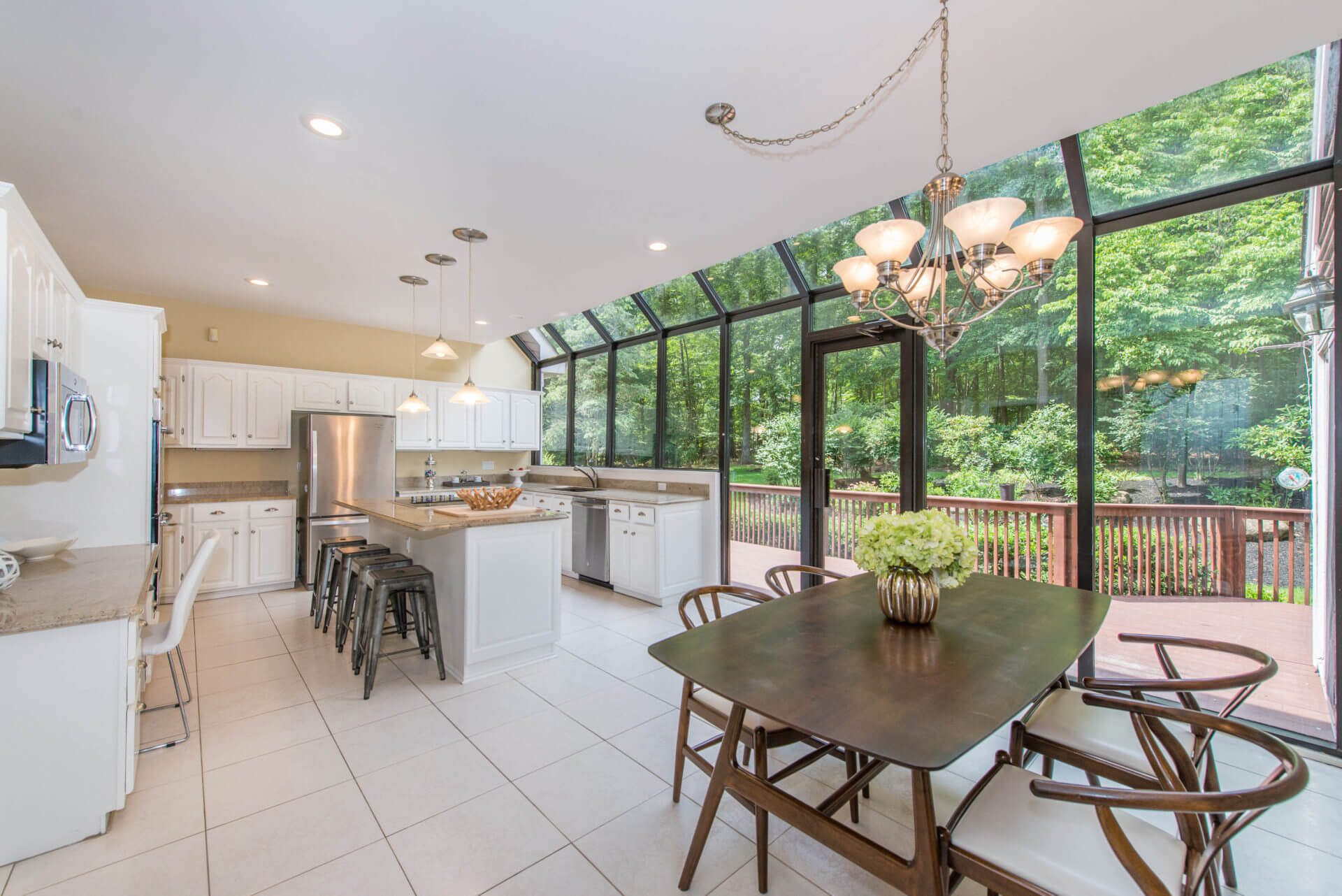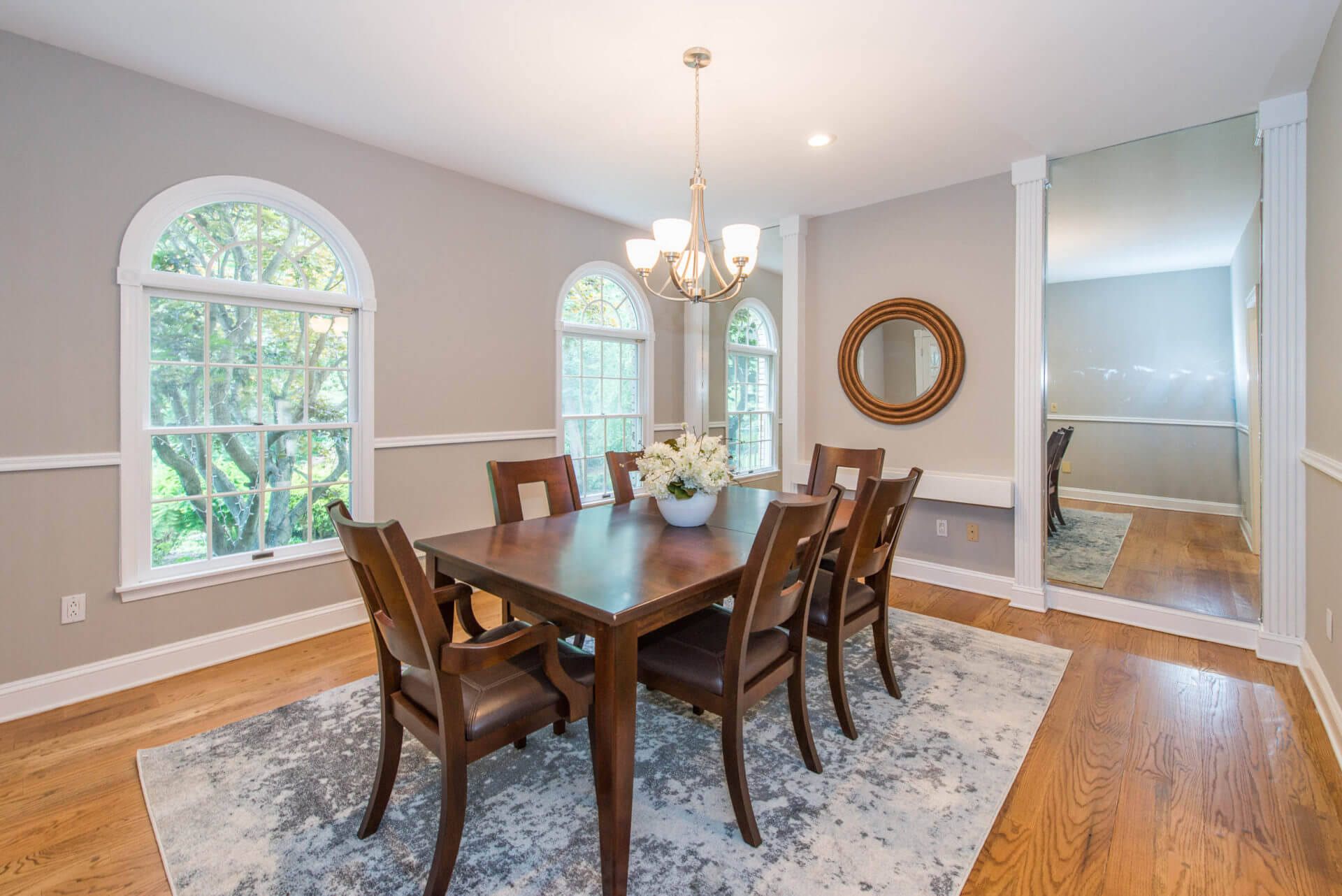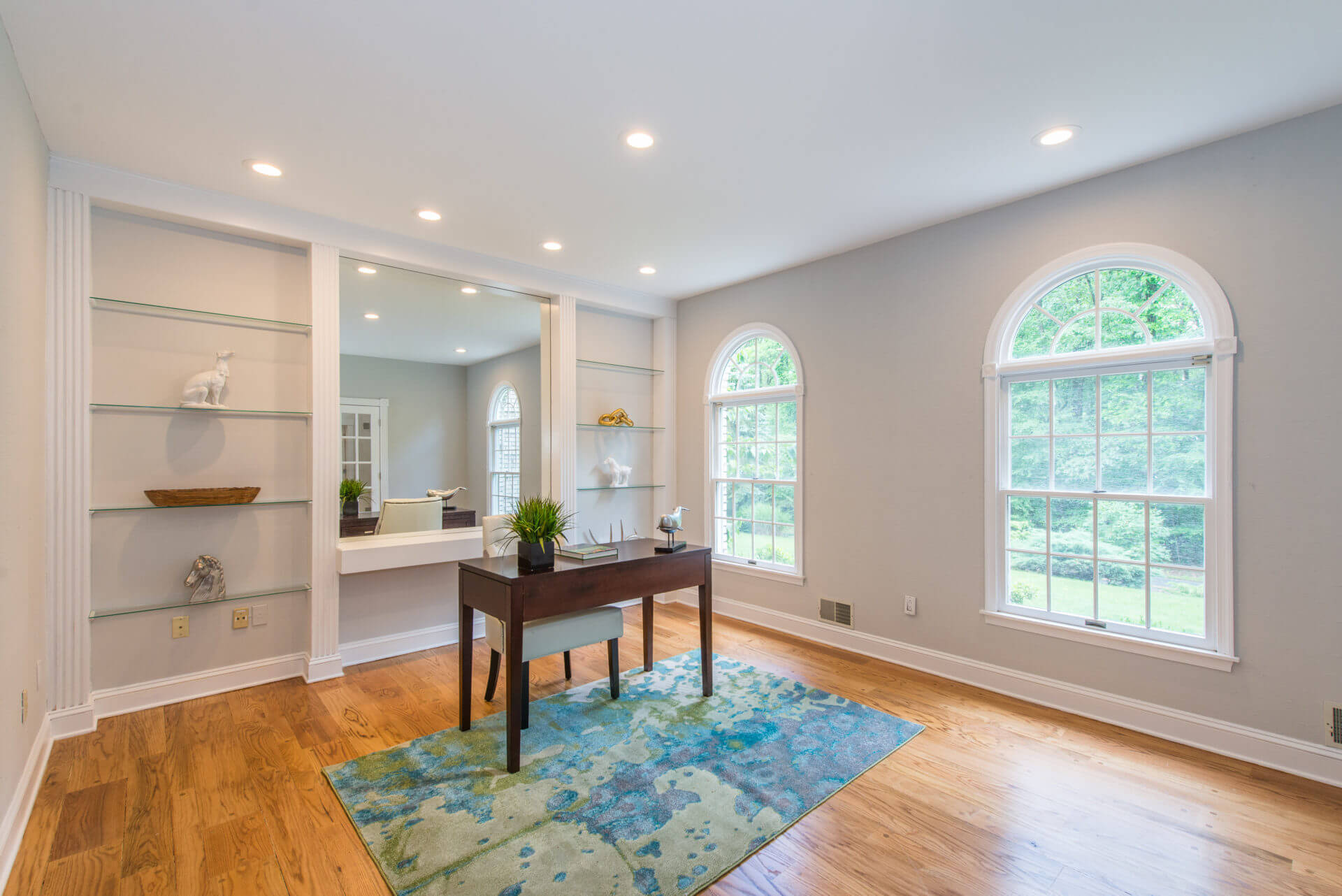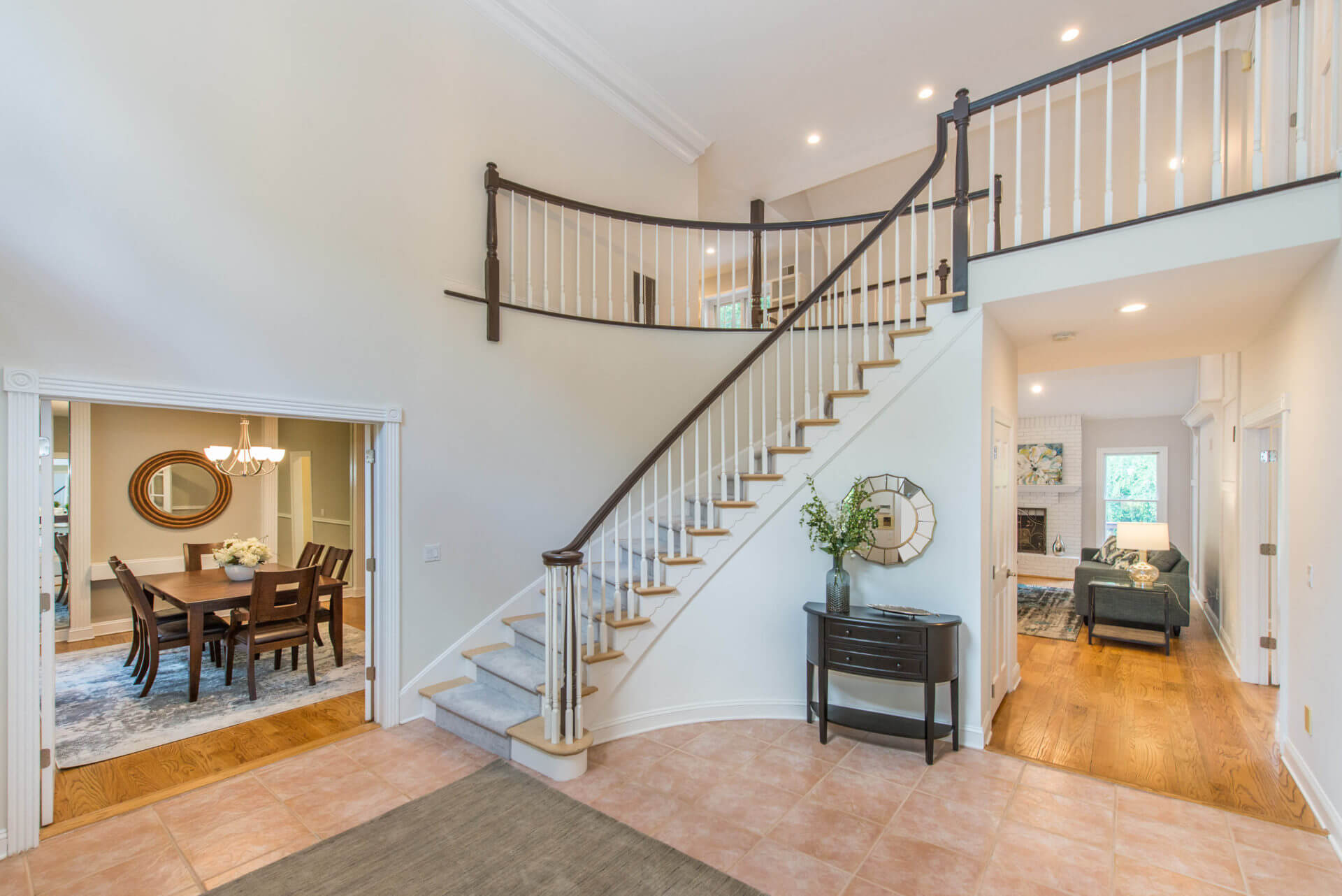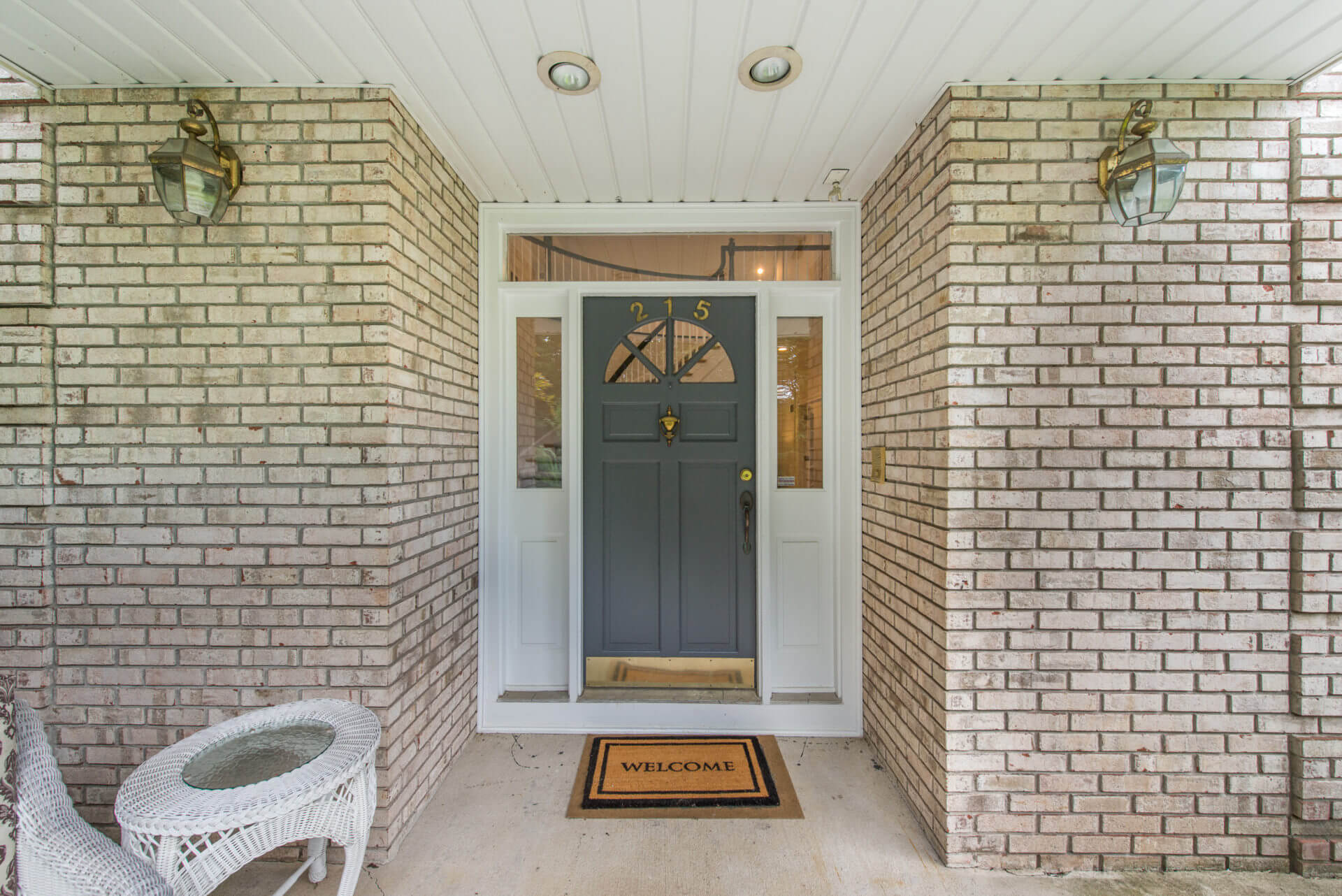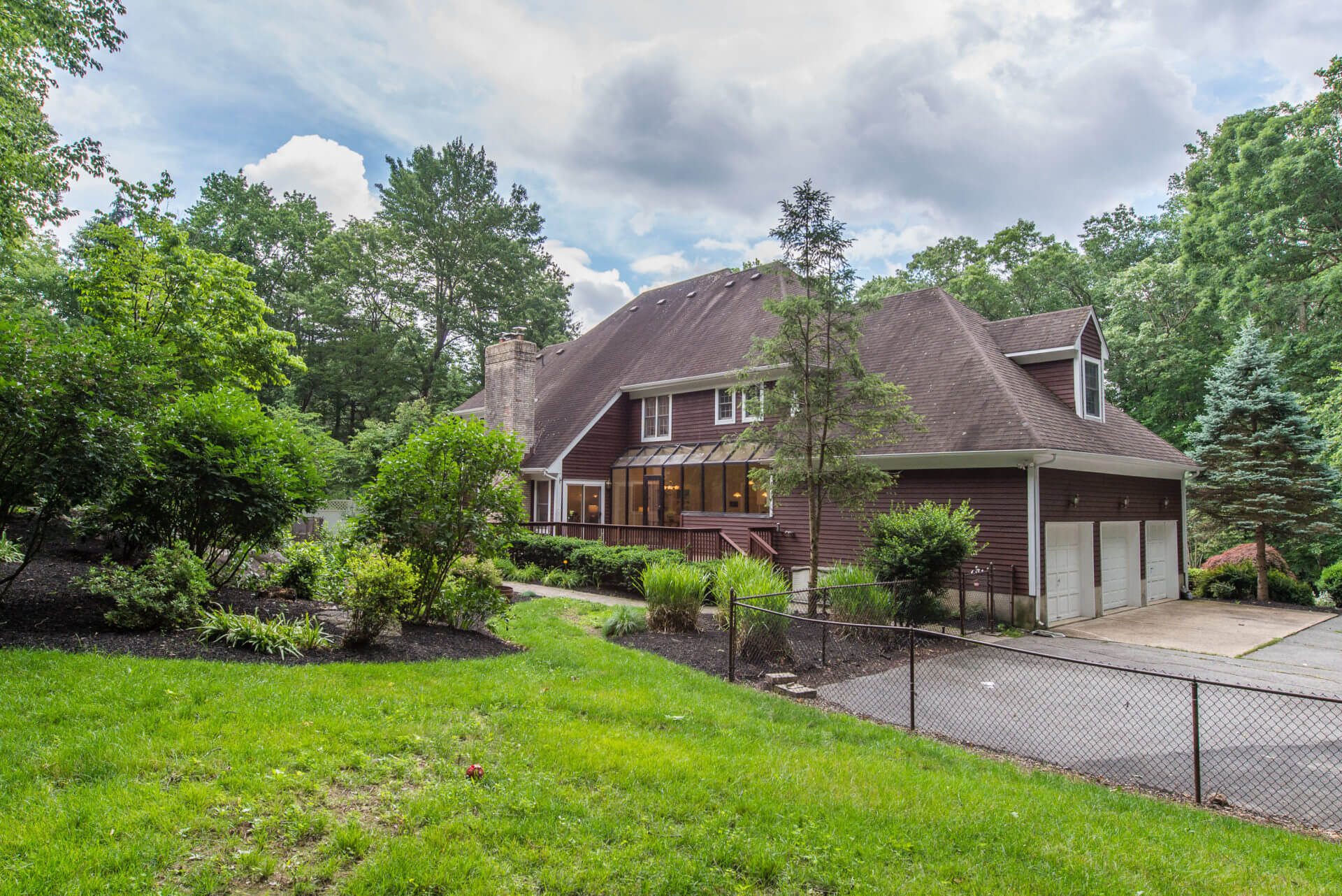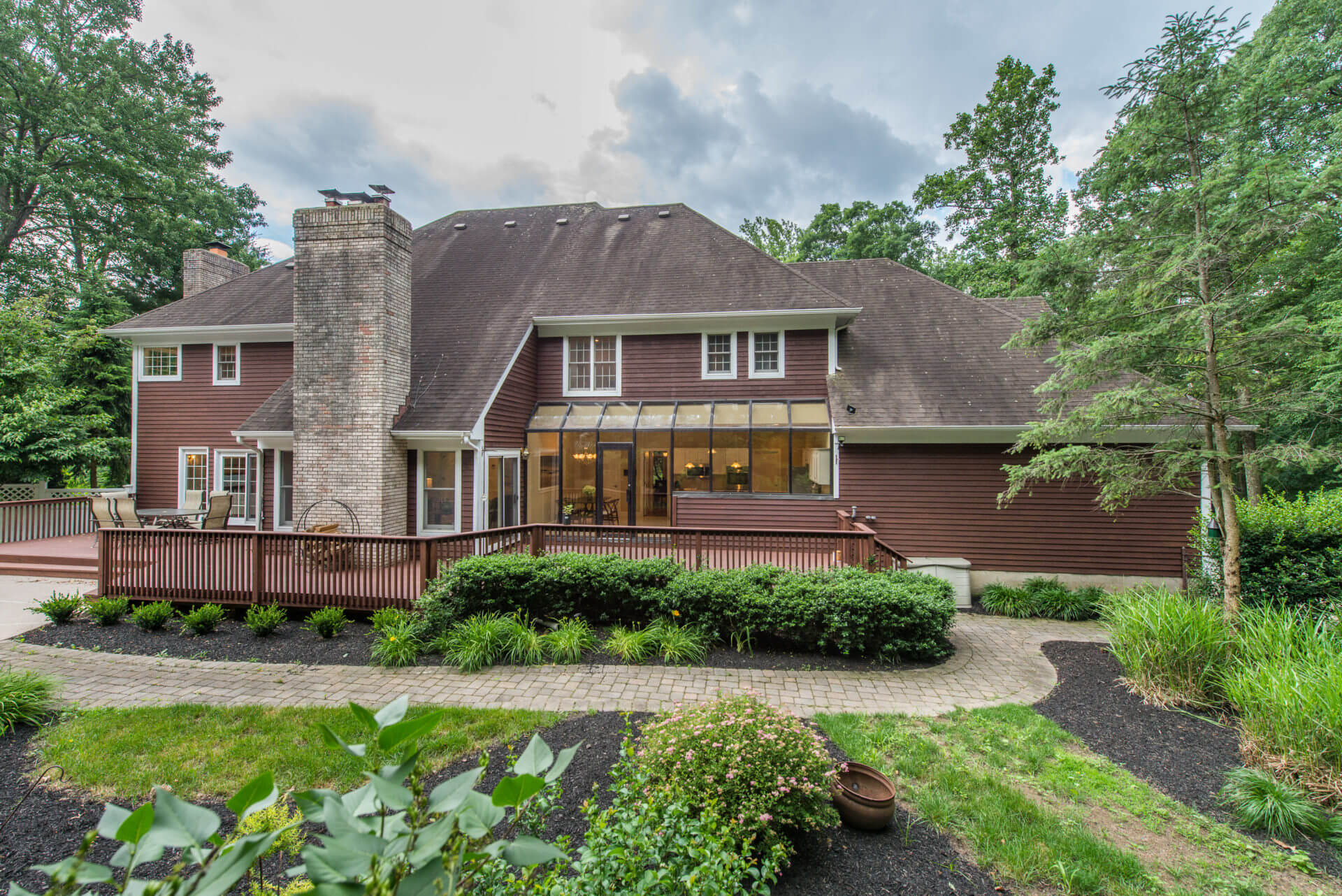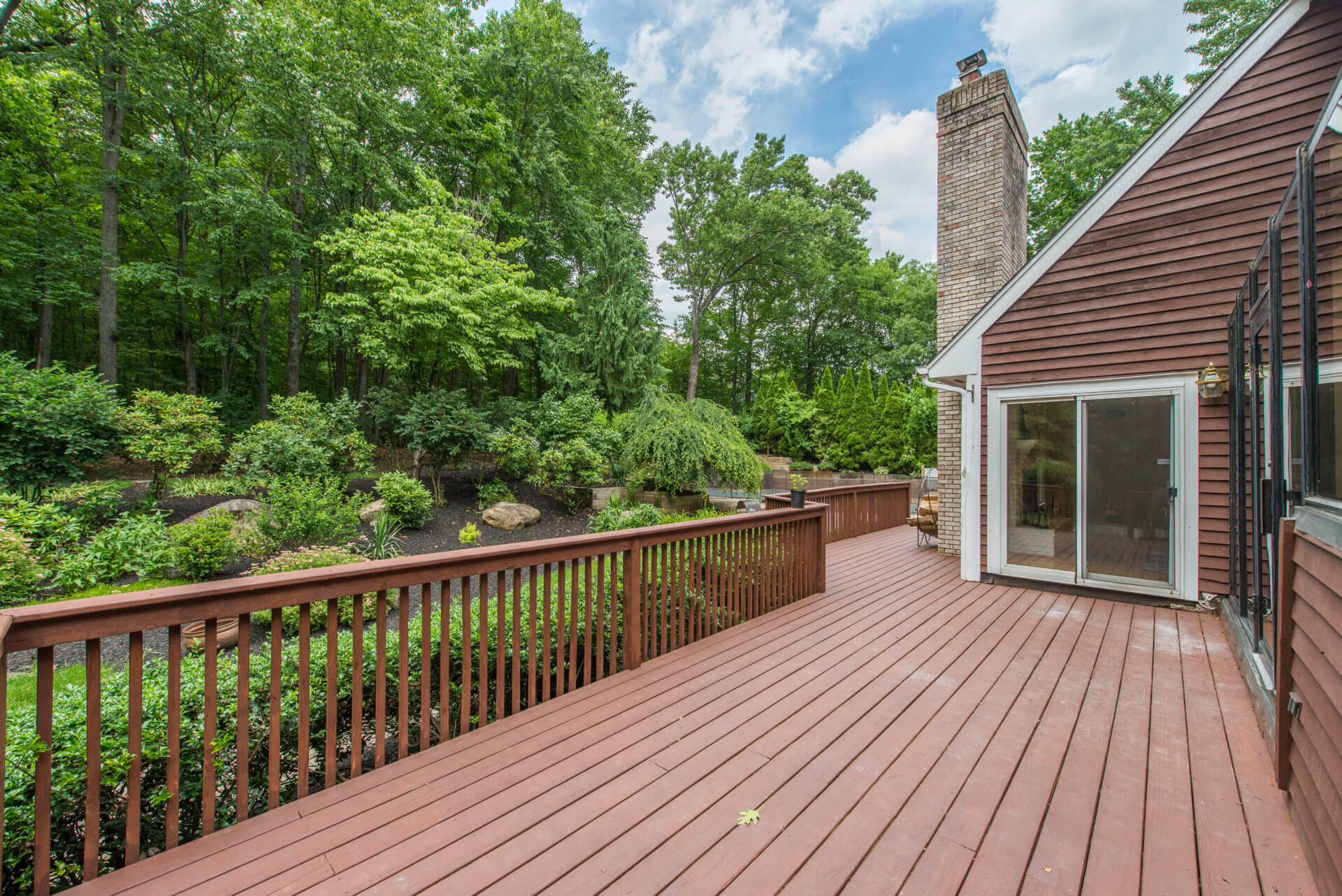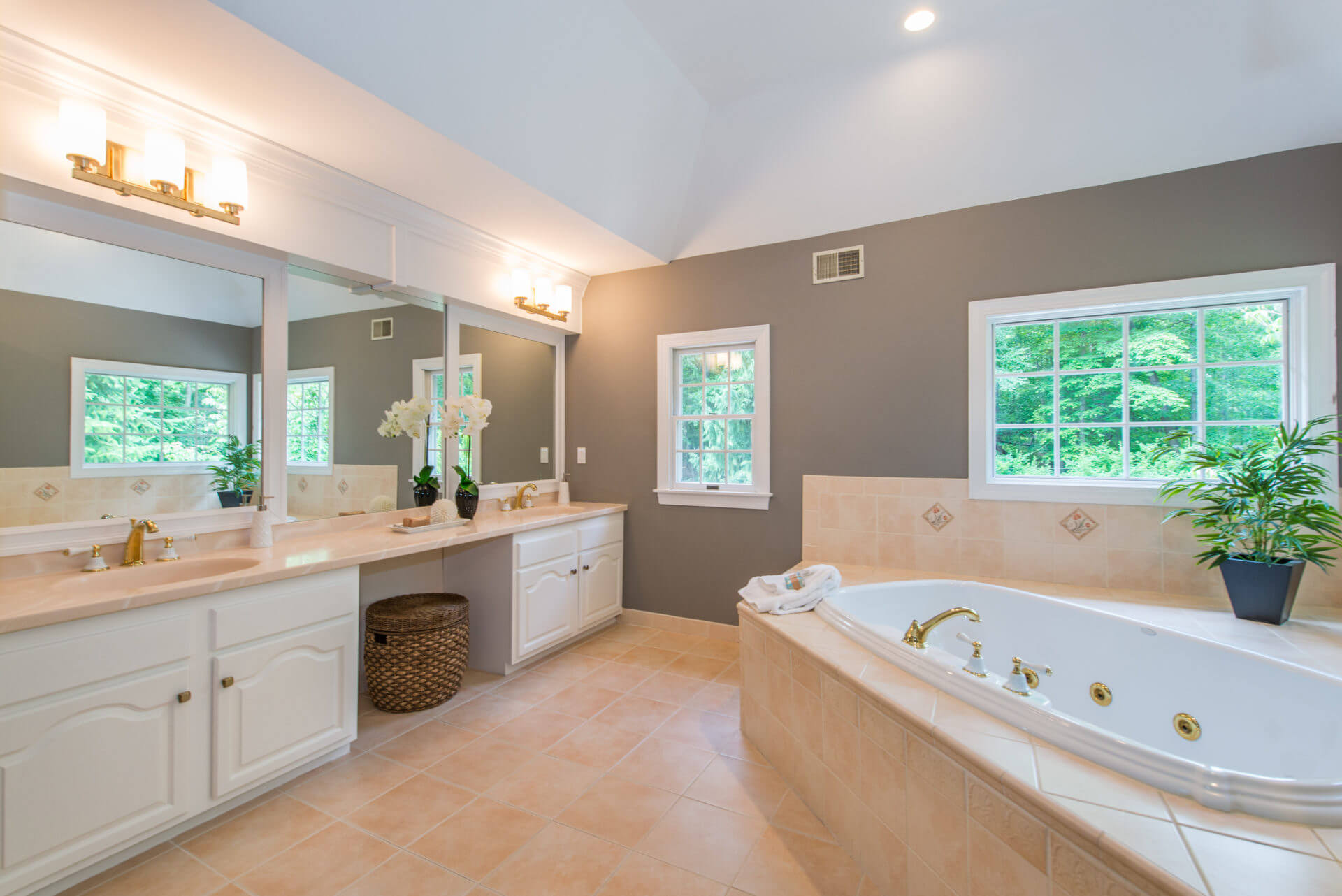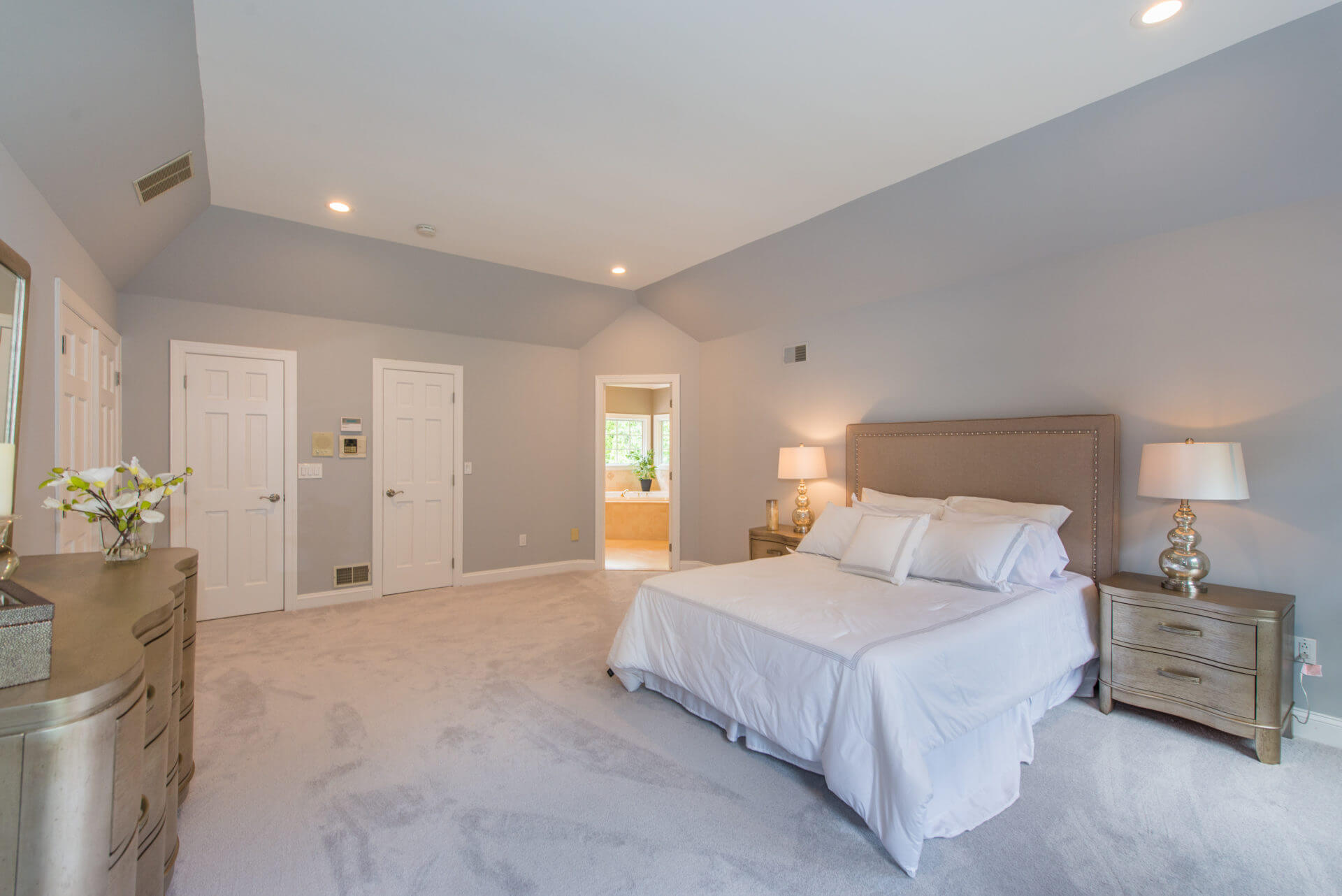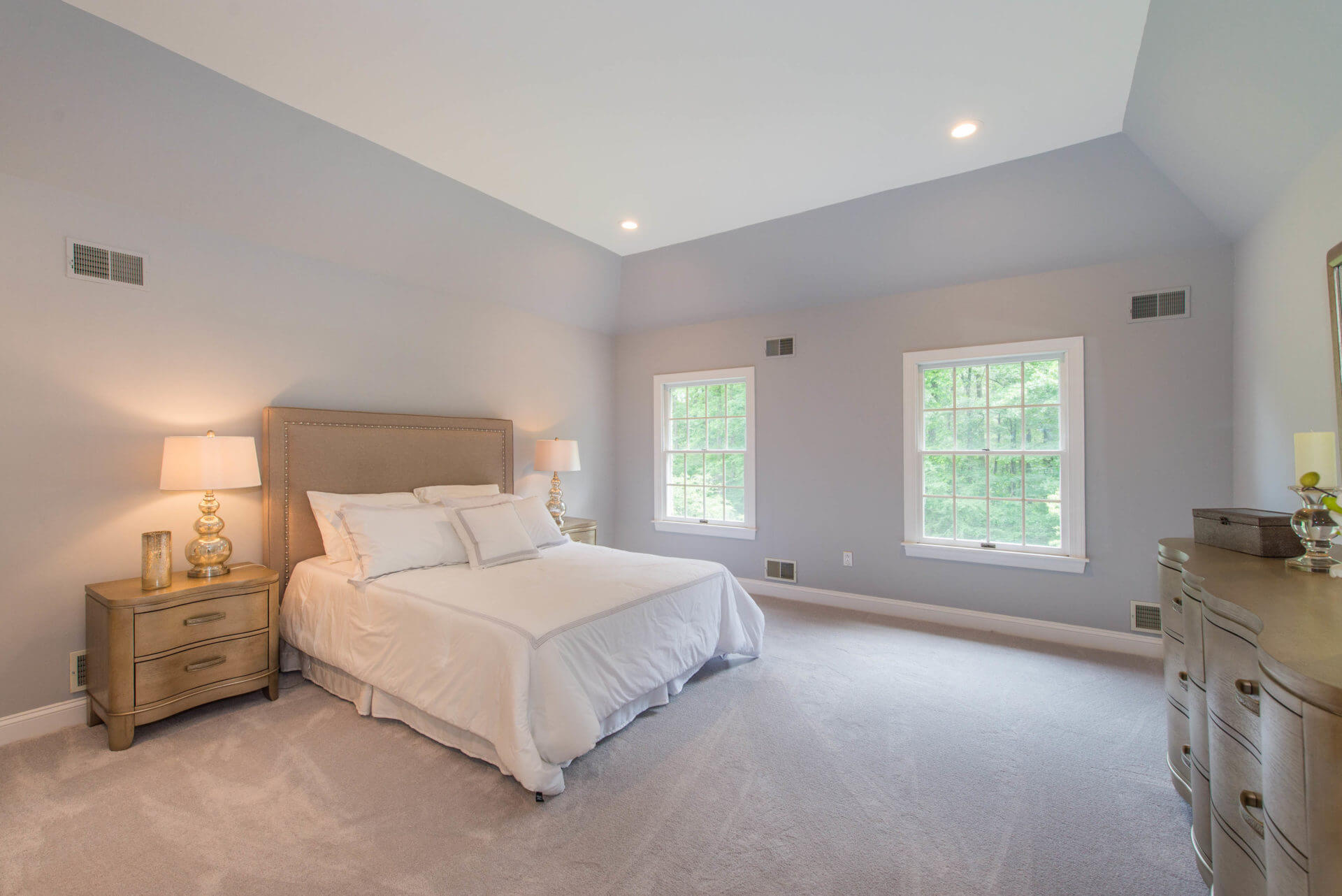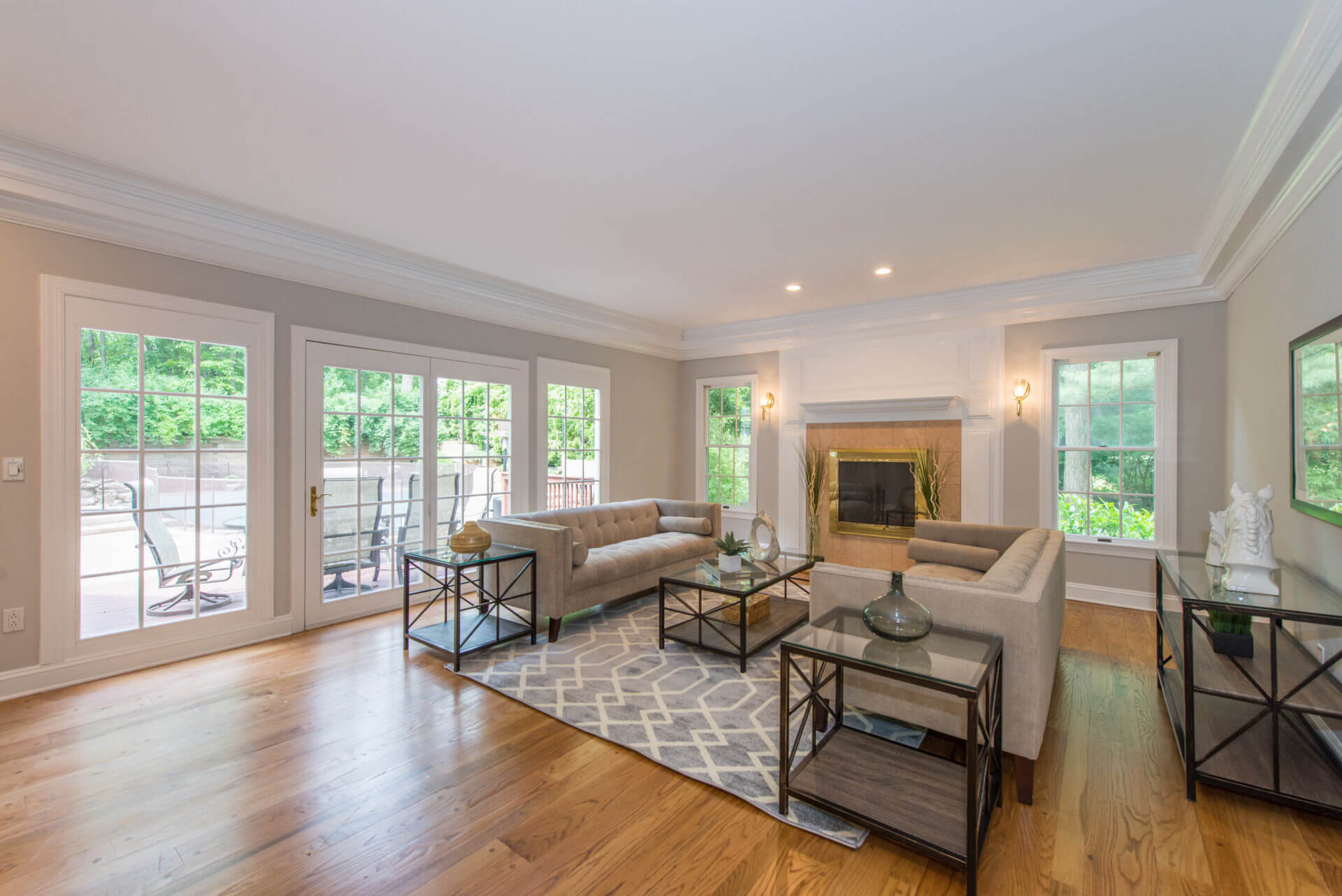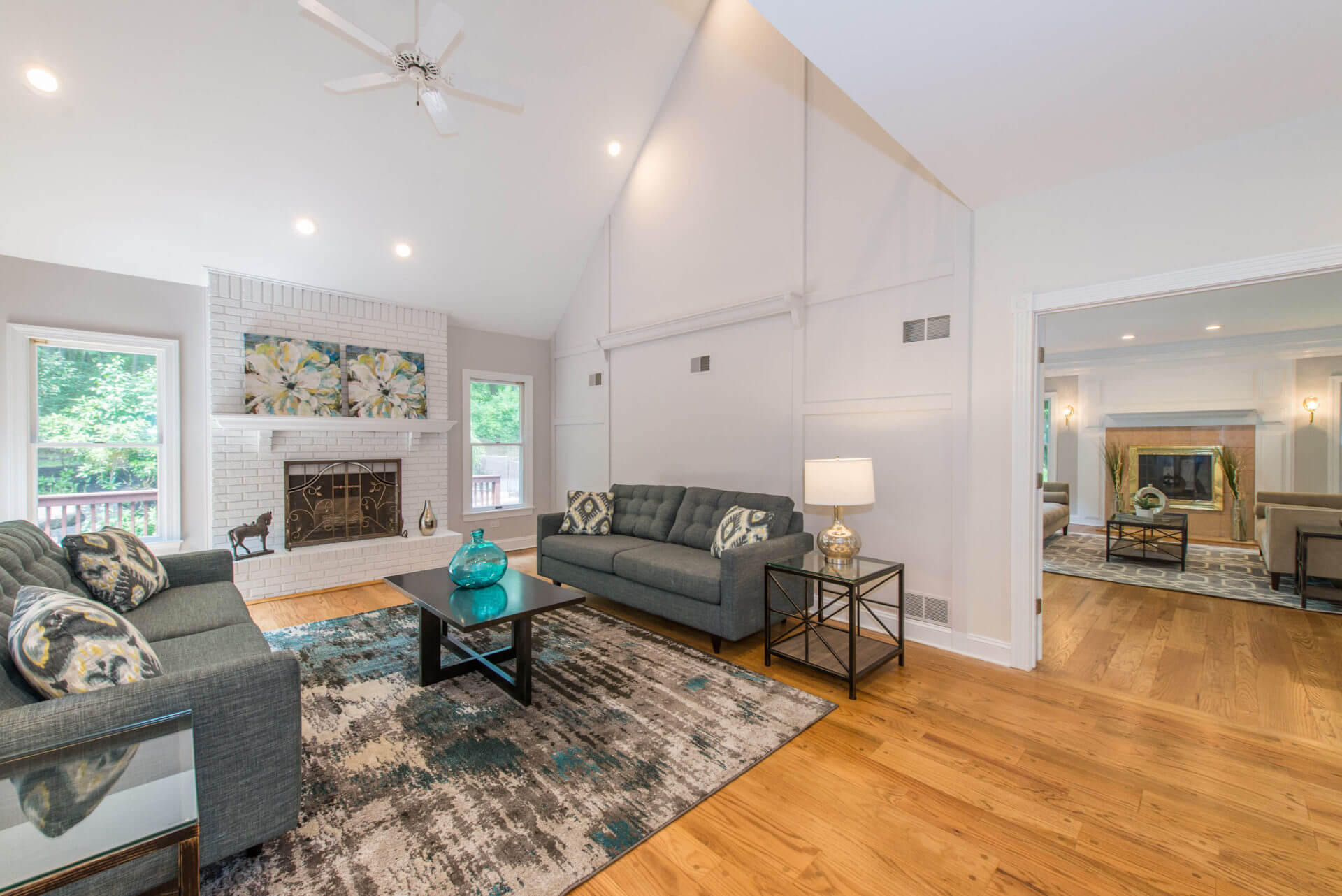 If you’re considering rehab programs in New Jersey, you may have heard about the advantages of enrolling in BlueCrest Recovery’s sober home. A sober living program can be part of an addiction treatment plan. It provides a supportive environment where those in recovery can live with their peers while continuing to receive professional support and guidance. It also provides an essential foundation for individuals seeking to maintain sobriety after completing a rehabilitation program or detox.
If you’re considering rehab programs in New Jersey, you may have heard about the advantages of enrolling in BlueCrest Recovery’s sober home. A sober living program can be part of an addiction treatment plan. It provides a supportive environment where those in recovery can live with their peers while continuing to receive professional support and guidance. It also provides an essential foundation for individuals seeking to maintain sobriety after completing a rehabilitation program or detox.
BlueCrest Recovery’s sober living center in New Jersey can be essential to our clients’ recovery process, providing them with a safe space and support as they transition back into their daily lives. Call 888.292.9652 to speak with someone from our team about our sober living home in New Jersey at Woodland Park.
Why Addiction Treatment Is Necessary
Addiction can be incredibly damaging to one’s health and life, leading to severe consequences like financial loss, job loss, relationship issues, and legal problems. To overcome addiction, professional help is necessary. An addiction treatment center provides resources and support, including the following:
At BlueCrest Recovery, we strive to provide comprehensive treatment for our clients. Our team of professionals is dedicated to providing the highest quality care to ensure that our clients have the best chance of long-term sobriety. BlueCrest Recovery has a sober living home in New Jersey where clients can readjust to sober life and move towards long-term recovery. With our sober living center in New Jersey, you or your loved one can receive recovered-focused support that will provide structure and accountability for lasting sobriety.
What to Expect from Addiction Treatment
While addiction treatment programs have only been around for a few decades, they have become increasingly popular among those seeking addiction help. Here’s what you can expect from an addiction treatment program at BlueCrest Recovery:
At BlueCrest Recovery, our addiction treatment specialists believe that a successful drug or alcohol rehab program should include individualized counseling sessions and group therapies. These treatments help individuals identify their triggers and develop strategies for remaining sober when temptation arises.
In addition, many addiction treatment programs provide additional services, such as recreational activities and relaxation techniques, that promote overall wellness during recovery. While most rehab programs focus on evidence-based approaches only, some may also include holistic therapies such as yoga, acupuncture, and meditation.

Benefits of a Sober Living Program
The advantages of participating in a sober living program in New Jersey are numerous. A sober living home can bridge the gap if someone you care about doesn’t have a safe, secure, and supportive home to go back to after completing an initial inpatient addiction treatment program. This program can provide structure and support while helping individuals learn to live without drugs or alcohol as they transition back into their daily lives.
Find a Sober Living Home in New Jersey at BlueCrest Recovery
A sober living program provides structure and support during the critical transition period after completing traditional rehab but before returning to society. Sober living programs can help those struggling with substance abuse issues get back on track toward sobriety while protecting them from dangerous temptations in their everyday lives. If you or someone you love needs help overcoming addiction issues, contact BlueCrest Recovery today at 888.292.9652. We are here to provide addiction treatment tailored specifically for each client’s needs and guide them toward a sober future.
